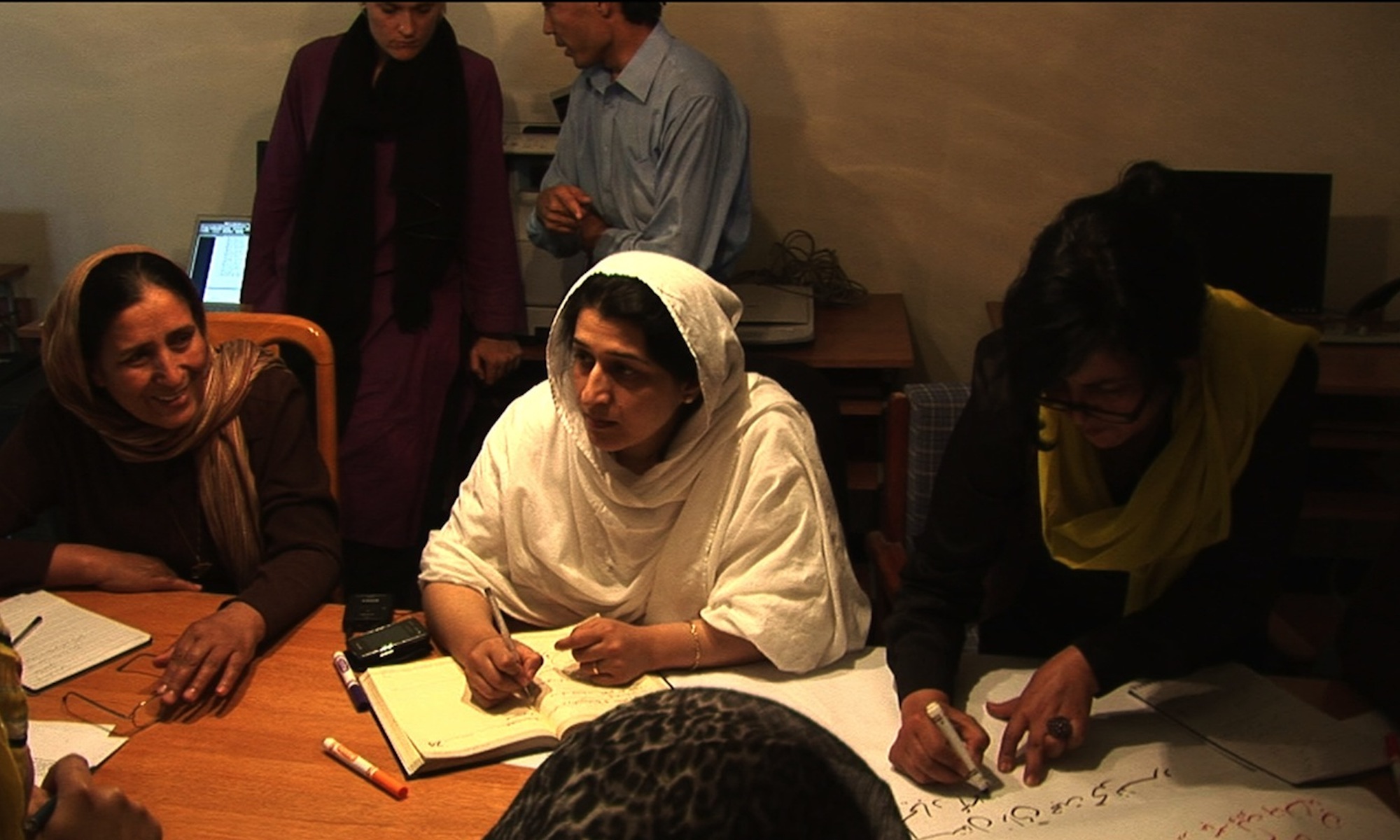This article examines the impact of the reintegration of former Kosovo Liberation Army (KLA) combatants on the post-war recovery of Kosovo. The exploration is conducted through a micro- and macro-security perspective. The analysis focuses on the three main issues: preferential treatment of former KLA combatants, identification and utilisation of KLA resources, and the long-term implications of reintegration on the peacebuilding process in Kosovo and regional security. The findings from this analysis are presented in the form of a list of general conclusions and lessons that can be applied by those agencies involved in the reintegration of former combatants in Kosovo and other similar circumstances.
A future disarmament, demobilisation and reintegration process in Sudan: lessons learned from Ethiopia, Mozambique and Uganda
The conflict that broke out in Sudan on the eve of its independence from Britain in 1956 has devastated the country, retarded developmental progress, drained human resources and damaged the social fabric of the entire nation. However, the Protocol of Machakos which was signed by the Government of the Republic of the Sudan and the Sudan People’s Liberation Movement/Sudan People’s Liberation Army on 20 July 2002, states the commitment of the parties to a negotiated, peaceful and comprehensive resolution to the conflict within the unity of the country. With peace now in sight, the disarmament, demobilisation and reintegration (DDR) of former combatants is essential to avoid the mistakes made in 1972. It is crucial to build a new future for the generations that have suffered so much in five decades of war. This paper examines the challenges that might confront DDR in post-conflict Sudan. It draws on past experience following the 1972 Addis Ababa Agreement between the regime of President Gaffar Mohammed Nimeiri and the Anya-nya rebels, and on the experiences of countries that have gone through similar situations, such as Ethiopia, Mozambique and Uganda.
